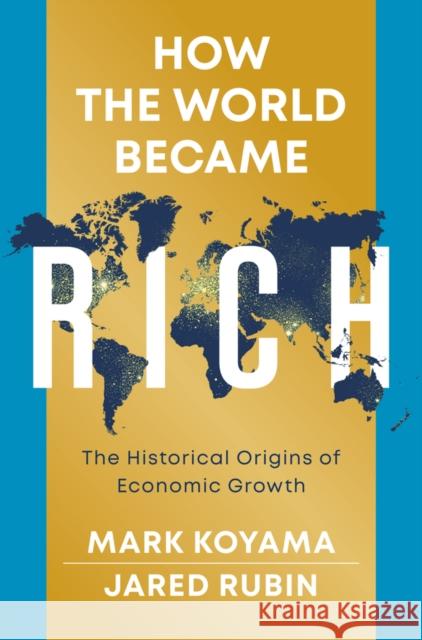How the World Became Rich: The Historical Origins of Economic Growth » książka
topmenu
How the World Became Rich: The Historical Origins of Economic Growth
ISBN-13: 9781509540235 / Angielski / Miękka / 2022 / 240 str.
How the World Became Rich: The Historical Origins of Economic Growth
ISBN-13: 9781509540235 / Angielski / Miękka / 2022 / 240 str.
cena 88,11
(netto: 83,91 VAT: 5%)
Najniższa cena z 30 dni: 87,03
(netto: 83,91 VAT: 5%)
Najniższa cena z 30 dni: 87,03
Termin realizacji zamówienia:
ok. 22 dni roboczych.
ok. 22 dni roboczych.
Darmowa dostawa!
Kategorie:
Kategorie BISAC:
Wydawca:
John Wiley and Sons Ltd
Język:
Angielski
ISBN-13:
9781509540235
Rok wydania:
2022
Ilość stron:
240
Oprawa:
Miękka
Wolumenów:
01
Dodatkowe informacje:
Bibliografia
Wydanie ilustrowane
Wydanie ilustrowane











